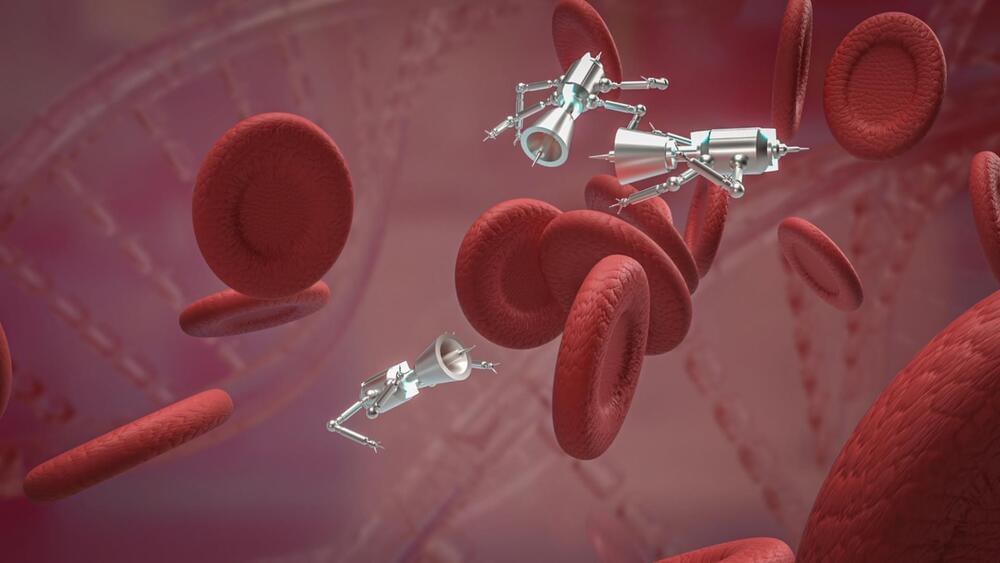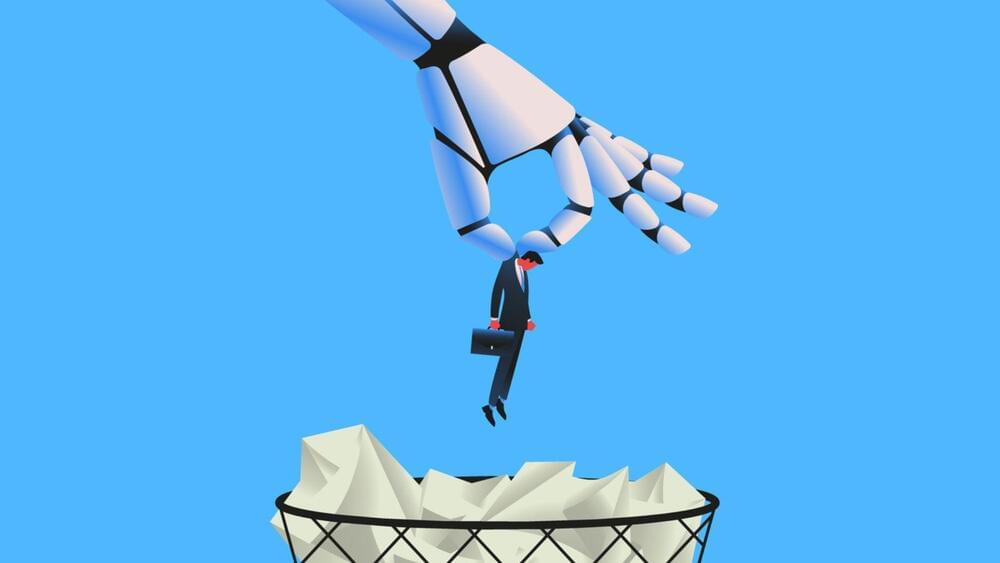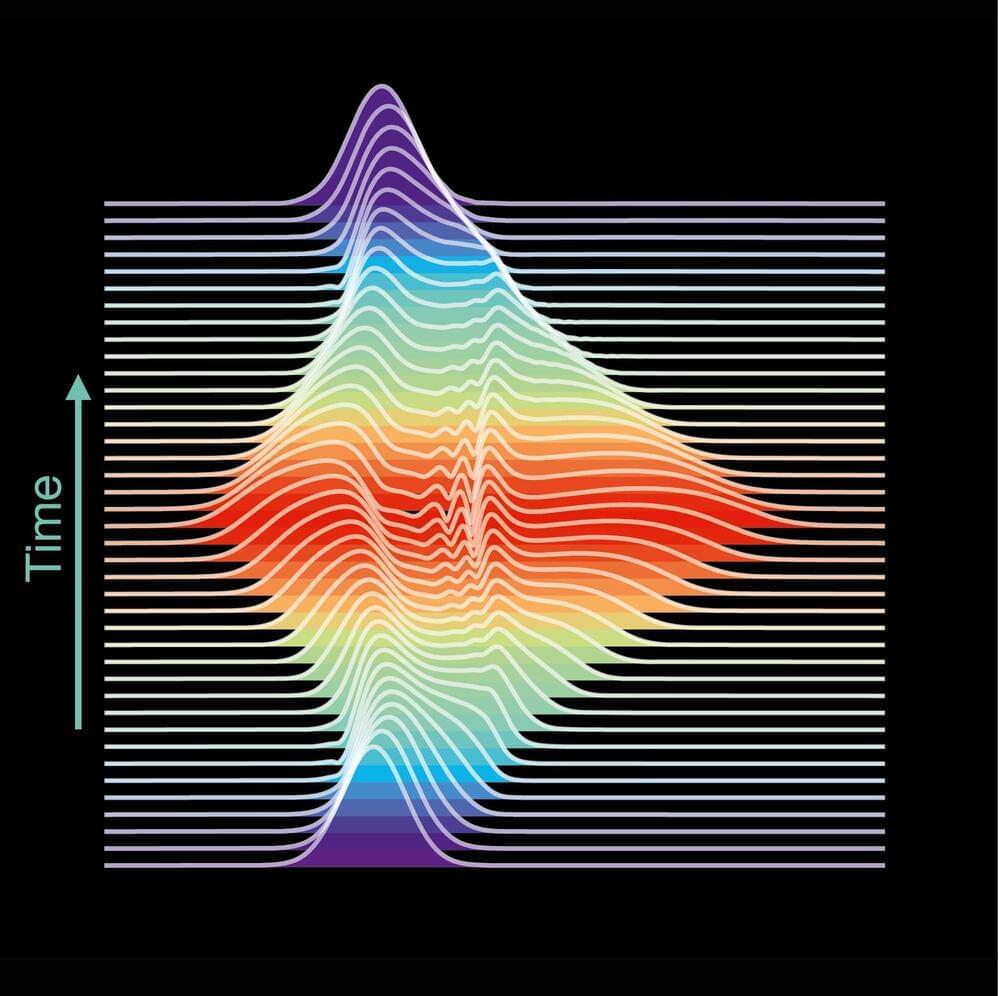This microbot has the adeptness to navigate precisely within clusters of cells.
In recent years, introducing tiny robots into biological studies and therapeutic delivery has generated significant excitement and is poised to revolutionize the medical field.
These mini robotic systems, often measuring just a few millimeters or even smaller, bring various capabilities and advantages, transforming multiple aspects of medicine, including targeting precise tumor sites to deliver drugs, cellular simulation, and even performing microsurgery.










 עברית (Hebrew)
עברית (Hebrew)